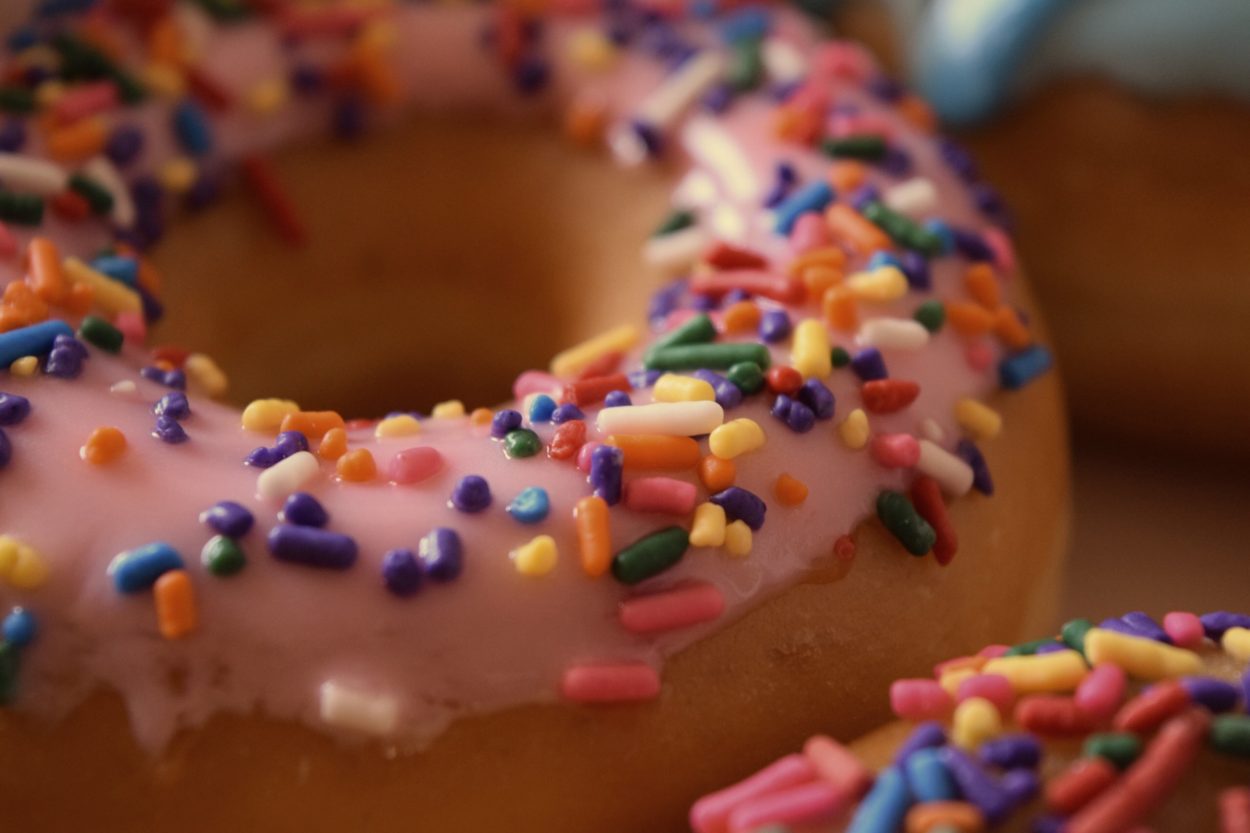
Or Do You Just Really, Really Love Chocolate?
Is a food addiction the hardest addiction to break because we need food to survive? Does that make it the easiest addiction to justify? Did you say yes? Okay good. I’m gonna go eat some chocolate now.
According to the book Allergies: Disease in Disguise by Carolee Bateson-Koch it is possible to find yourself addicted to pretty much anything, and food happens to be one of the biggest because we eat it a lot, we eat a lot of it, and it lingers in our bodies for a long time.
Bateson-Koch says there are four signs of food addiction:
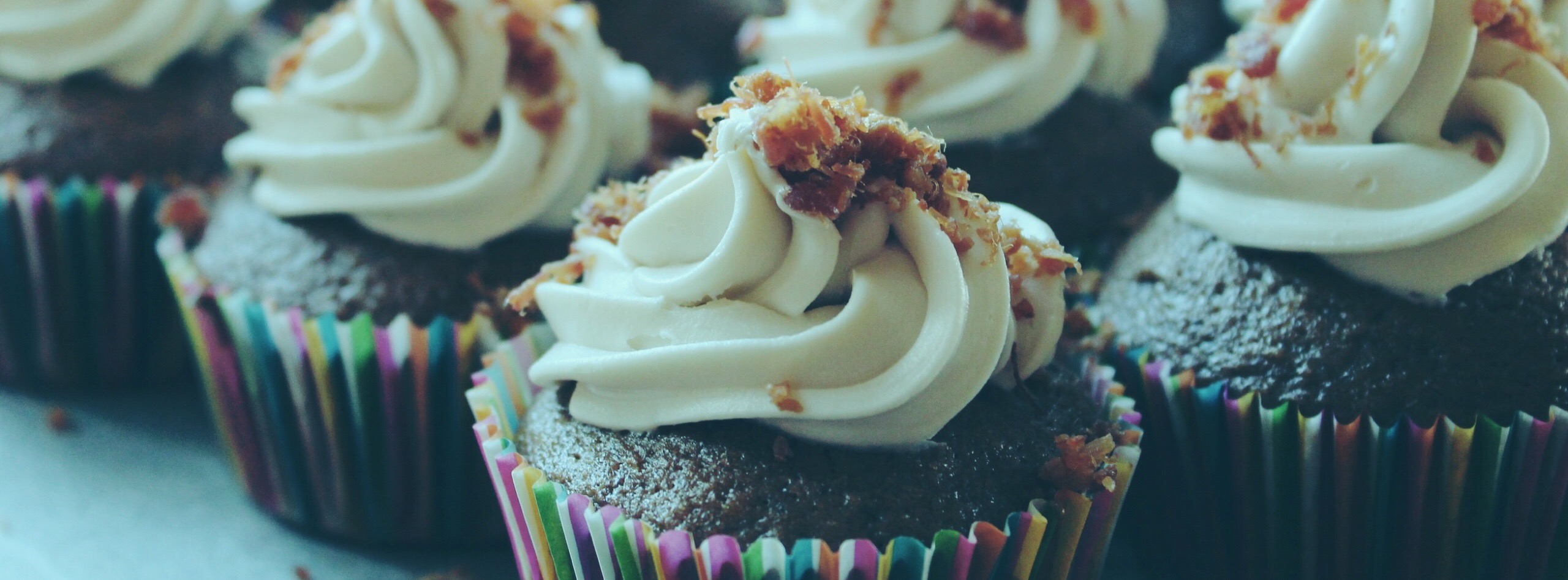 OBSESSION
OBSESSION
If you can’t stop thinking about food, you actively plan out the next time you will eat it, you get anxious or excited the closer you get to consuming it, and you’ve arranged your life in ways that makes it easier for you to obtain the edible object of your tastebuds’ desire… then yes, you may have an obsession.
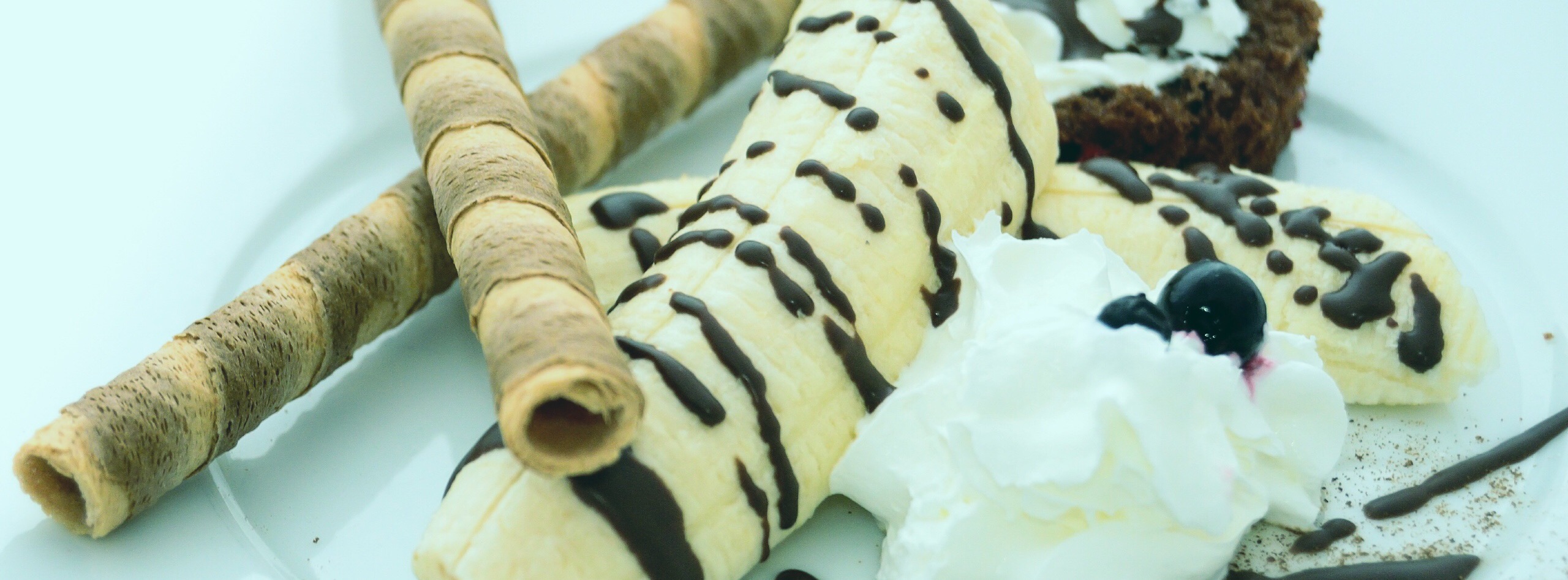
NEGATIVE CONSEQUENCES
This is regarding you eating something that gives you a negative reaction; which you are aware of, but you eat that food anyway. For example, you know that if you eat a bowl full of chocolate ice cream you’ll get a painful stomach ache thirty minutes later, followed by gas and diarrhea; but the thought of NOT eating a bowl of chocolate ice cream is simply not an option. You MUST have it.
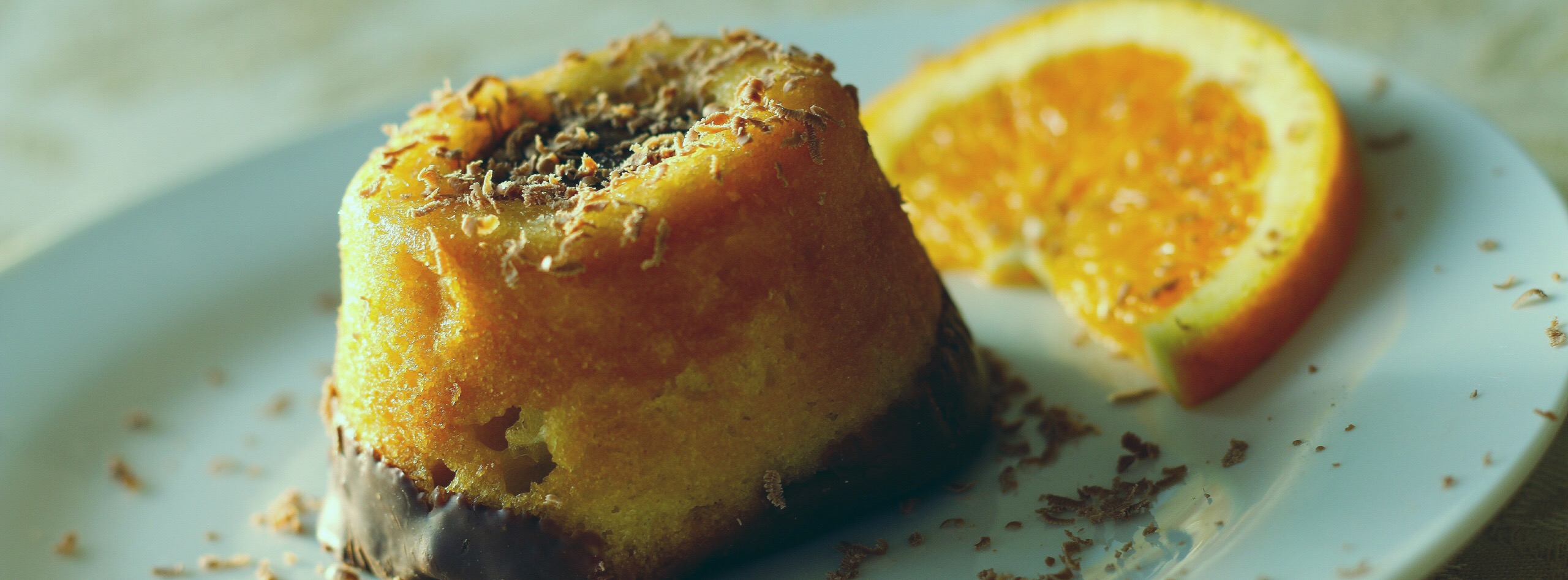
LACK OF CONTROL
This is when you say to yourself “I’ll only have half of this chocolate bar, then put the rest away”, then ten minutes later you’re throwing away the entire wrapper and looking in the cupboard for another one. This inability to stop yourself is a major marker of addiction. Your willpower is not enough here, and because of it the food controls you rather than the other way around.

DENIAL
When you consistently have an undesirable reaction after eating a food but refuse to believe the food is related to said reaction, and you dismiss the most obvious symptoms… you are in denial. This seems to be the most common sign (in my experience anyway). Many people complain about various symptoms after eating or drinking things they shouldn’t, but never seem to want or be able to make the connection between their symptoms and their most recent meal.
So, what can you do about your food addiction?
AVOID TEMPTATION
One of the best things you can do to avoid food addiction is to avoid temptation. At the grocery store DO NOT BUY the food item you are addicted to. This eliminates that food from your home, taking away some or most of the temptation of it, and makes it much harder to get it. For this to work, you want to avoid the grocery store when you’re hungry, because this will only increase the odds of you buying something you shouldn’t.
THE BUDDY SYSTEM
Another option is to have someone in your house HIDE the item you are addicted to, and ask them to regulate how much you eat. For example, if you are addicted to chocolate bars, have your roommate or significant other hide all your chocolate bars and only give one to you once per day. If you ask for another chocolate bar later on, this person needs to be strong enough to say NO. You can also develop a reward system where, for example, for every 10,000 steps counted on your FitBit, they let you have a chocolate bar! This option works well as long as you don’t find their stash; in which case all hell will break loose.
EAT YOUR VEGGIES
For a more nutritional angle, if you do have an addiction to a member of the chocolate family, you may have a magnesium deficiency. Cravings for chocolate are a symptom of a magnesium deficiency, so you may want to look at your nutritional habits if this is the case for you. A magnesium deficiency is also associated with muscle spasms or tremors, gallstones, an irregular heartbeat, and excessive body odor. High blood pressure medications will block magnesium utilization, and caffeine will flush it out of your system; so if one or both of these apply to you, this may be a reason for your chocolate addiction. Eat a diet high in fresh vegetables, nuts, seeds, and legumes for magnesium or take a calcium/magnesium supplement.
AVOID STRESS
If you are often stressed, this may be another cause of a food addiction. The stress hormone cortisol can induce cravings for coffee, sugar, chocolate, refined carbs, alcohol, and can bring you to a state of mindless eating. The more stressed you feel, the more cortisol = the more you want sweet things. Find a way to reduce your stress. Exercise will block the effects of cortisol so go for a jog, or put on some music and dance!

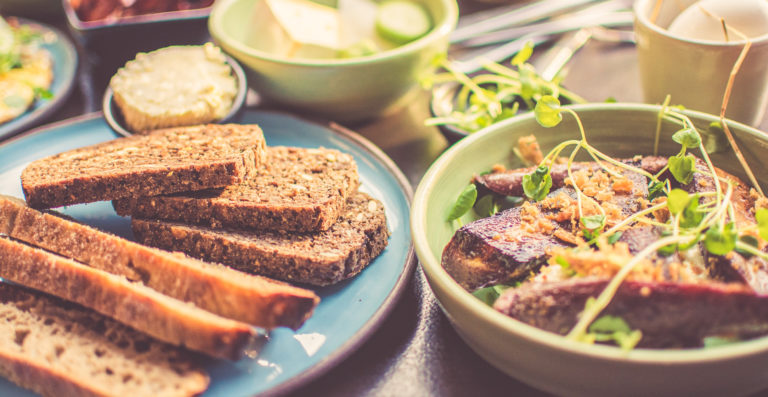
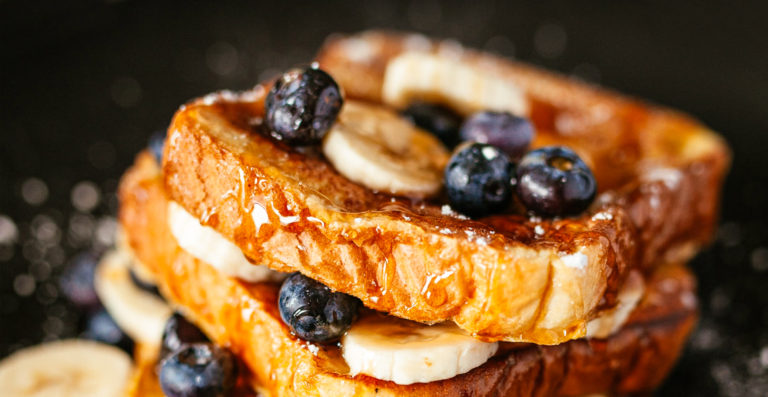


Leave a Comment